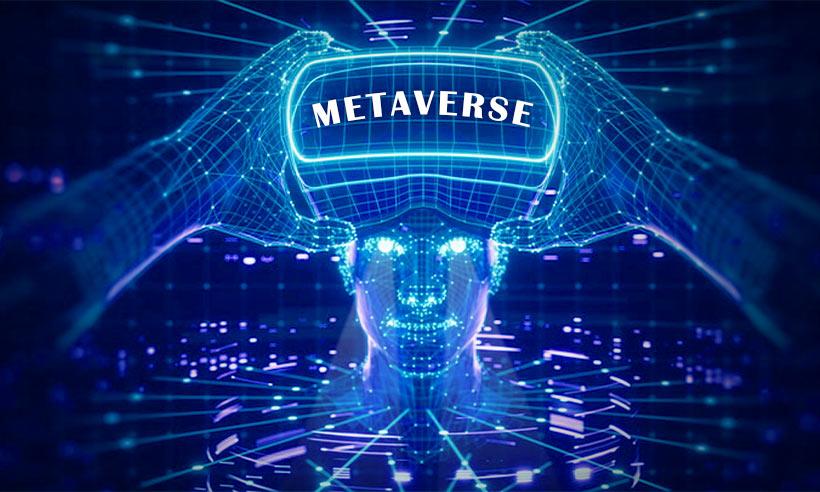Jan 7, 2022
Will 2022 Be the Biggest Year for the Metaverse So Far?
.
Disclaimer: The views and opinions expressed in this article are for informational purposes only and do not constitute financial, investment, or other advice. Investing in or trading crypto assets comes with a risk of financial loss.
Gitumani is a blockchain enthusiast as she keeps a tab on the recent happenings pertaining to the crypto industry. She aims to provide quality content in blockchain and crypto domain. She is a financial content writer too and has worked on several financial projects related to the stock market news, fundamental research, and technical analysis for several websites.
